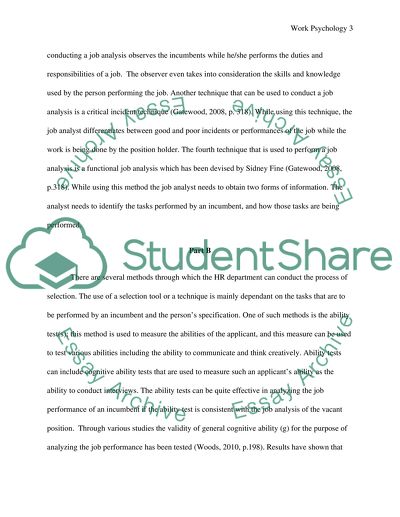Cite this document
(“Work Psychology Essay Example | Topics and Well Written Essays - 1500 words”, n.d.)
Work Psychology Essay Example | Topics and Well Written Essays - 1500 words. Retrieved from https://studentshare.org/psychology/1485192-work-psychology
Work Psychology Essay Example | Topics and Well Written Essays - 1500 words. Retrieved from https://studentshare.org/psychology/1485192-work-psychology
(Work Psychology Essay Example | Topics and Well Written Essays - 1500 Words)
Work Psychology Essay Example | Topics and Well Written Essays - 1500 Words. https://studentshare.org/psychology/1485192-work-psychology.
Work Psychology Essay Example | Topics and Well Written Essays - 1500 Words. https://studentshare.org/psychology/1485192-work-psychology.
“Work Psychology Essay Example | Topics and Well Written Essays - 1500 Words”, n.d. https://studentshare.org/psychology/1485192-work-psychology.


